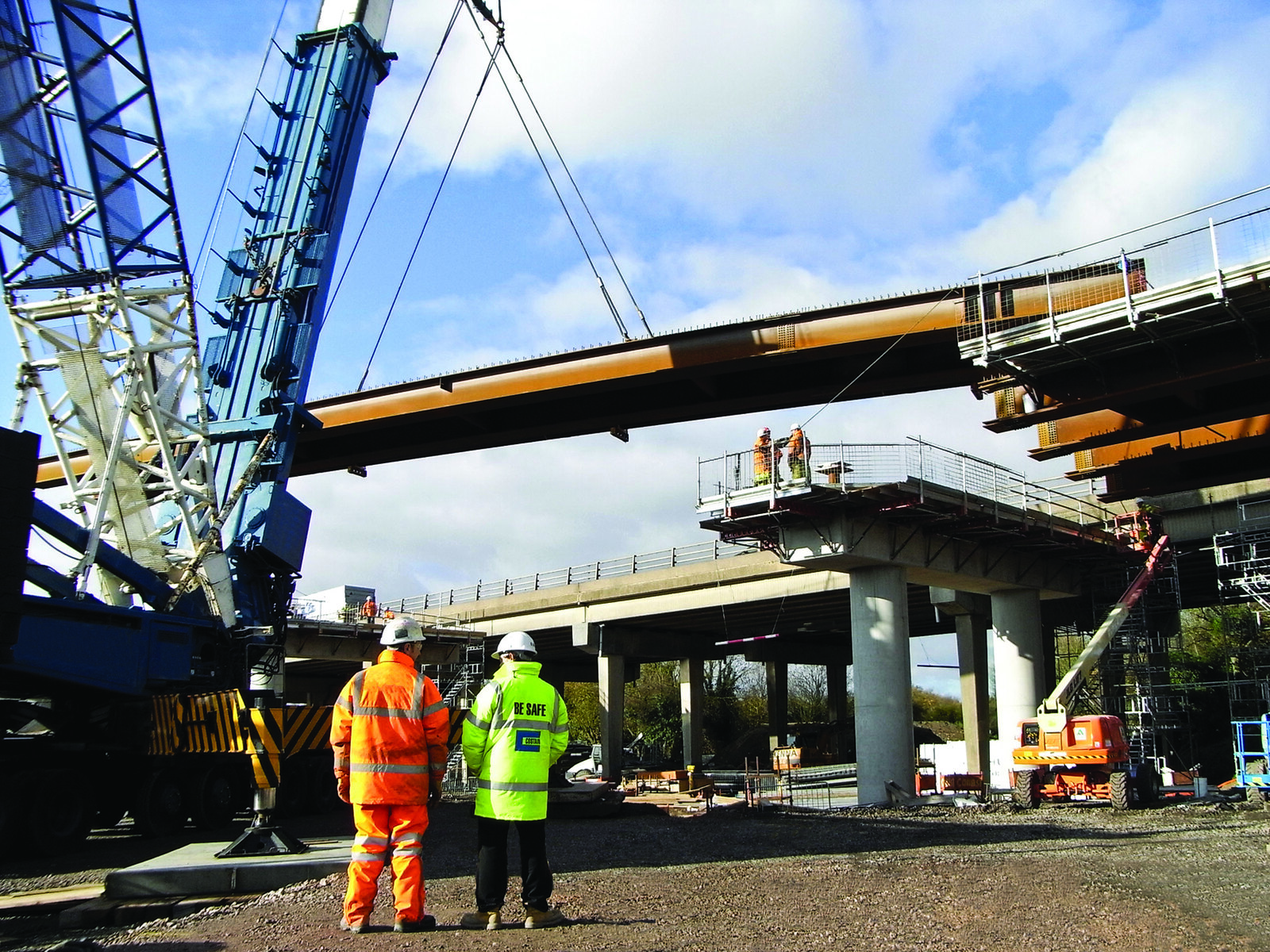The Construction Industry Scheme tax is the most important aspect of promoting significant expansion in the construction industry through high revenue growth. In reality, CIS is the most prominent framework implemented by the governing bodies of the United Kingdom. It’s deployed for subcontractors and contractors in the construction business, who facilitate reports and maintain records.
Before diving into the intricacies of CIS’s key components, benefits, and compliances, let’s discover what the Construction Industry Scheme CIS entails. The Construction Industry Scheme (CIS) is a pivotal policy announced by His Majesty’s Revenue and Customs (HMRC). Under this provision, subcontractors are bound to pay the taxes and national insurance contributions on the due dates.
By fulfilling these requirements, the CIS Scheme effectively contributes to restructuring major financial operations. In addition, the foremost concern of tax evasion is minimised, and every worker receives a guaranteed regular income.
Let’s understand CIS in more detail in this Construction Industry Scheme guide.
List of Tasks that Qualifies You to Register Under the CIS Scheme
Construction Work as Defined Under Construction Industry Scheme:
● Creation of any infrastructure.
● Construction of civil roads and bridges
● Laying down foundations or preparing the site
● Dismantling & Demolition
● Building jobs
● Installation, repair, decorate, clean, and make alterations to the infrastructure.
Exclusions
Registering under the scheme is unnecessary if you do the jobs mentioned below.
● Architects and surveyors
● Technicians, scientists, and draughtsmen
● Carpet fitting and material manufacturing
● Delivering construction materials like tiles, panels, or machines and fitting carpets
● Scaffolding hire with No Labour
● Operating canteen near the construction site.
Key Components of CIS

● Construction Contractors & Subcontractors: Under the provision, contractors are the individuals who pay subcontractors for their construction work. Meanwhile, subcontractors are the people or enterprises organizing the work who pass the payments to HMRC.
● CIS Deductions: This is an essential procedure wherein contractors deduct money from their payments to subcontractors. The flow is forwarded to HMRC, and these deductions are used as advanced payments to the National Insurance Contributions.
● Registration Under Scheme: It’s pivotal for contractors to register under the scheme. Subcontractors don’t need to register under the CIS scheme. However, subcontractors can avoid higher deductions if they register; they just bear 20% deduction instead of 30%.
● Verification Procedure: Contractors under this scheme must verify subcontractors with HMRC to set the valid deduction rate. This procedure confirms that subcontractors are registered for construction industry scheme tax and that the proper deductions occur.
Benefits of CIS in the Construction Industry
1. Mitigating Tax Evasion: One of the primary reasons behind creating the CIS provision is to mitigate tax evasion within the industrial vertical. Also, Construction contractors are mandated to withhold tax from payments to subcontractors and subsequently inform HM Revenue and Customs (HMRC) about deductions. This ensures that all the people and businesses involved in the construction industry can fulfill their tax obligations.
2. Improved Tax Compliance: The CIS scheme encourages complete compliance with tax provisions by strictly adhering to the guidelines created for subcontractors and contractors. Following this regulation ensures that all payments within the sector are documented, reported, and accounted for to reduce tax avoidance.
3. Enhanced Cash Flow Clarity: Through standardised deduction, CIS aims to provide subcontractors with cash flow clarity. This will allow individuals involved in the procedure to do more comprehensive and accurate financial planning.
4. Effective & Efficient Administration: This provision of CIS adds another administrative layer to the regulations. However, it still efficiently streamlines the entire tax deduction procedure at the source, resulting in a tremendous drop in the next-year tax burden that subcontractors usually face.
5. Ensuring Revenue Collection: Another significant benefit of the construction industry scheme is that it facilitates tax collection owned by the higher authority. This further assists HMRC in accumulating tax revenues, reducing unpaid taxes, and enhancing overall tax compliance.
How to Maintain Compliance with CIS?

1. Accurate Record Maintenance: Maintaining accurate records to meet legal CIS requirements is essential. By chance, if the subcontractors cannot make the tax payments, this might result in penalties and even legal action against the subject. Thus, keeping and maintaining the exact records with utmost attention is highly advised.
2. Timely Submission of Clear Monthly Reporting: As per the rules and regulations, CIS usually encompasses monthly reporting. This implies that each return must be submitted to HMRC on the 19th of every month. So, kindly ensure that all the transactions, deductions, and payments are handled to avoid last-minute hassles.
3. Annual Tax Returns: The annual tax return is another critical prerequisite of the Construction Industry Scheme CIS. It should be prepared meticulously and submitted annually to ensure compliance with tax regulations and proper tax management throughout the industry.
Conclusion

This Construction Industry Scheme guide covers everything about CIS to inform you about your tax obligations as a construction contractor and subcontractor. In this busy sector, CIS record keeping and proper maintenance are non-negotiable. They’re the main mantra for operating a successful construction business in the UK without facing any penalties.
Therefore, if you are looking forward to achieving higher business goals by submitting carefully articulated CIS obligations on time, consult the TaxCan Accountants today. With our years of expertise and a professional team of CIS accountants, businesses can easily navigate the diverse complications of CIS compliance. So, why wait? Connect with us now; we promise the utmost support in the construction industry.
Wait There is More!
Here are some useful links to learn more about the Construction Industry Scheme (CIS) in the UK:
https://sleek.com/uk/resources/articles/demystifying-the-construction-industry-scheme-cis
https://www.gov.uk/government/collections/construction-industry-scheme-cis




